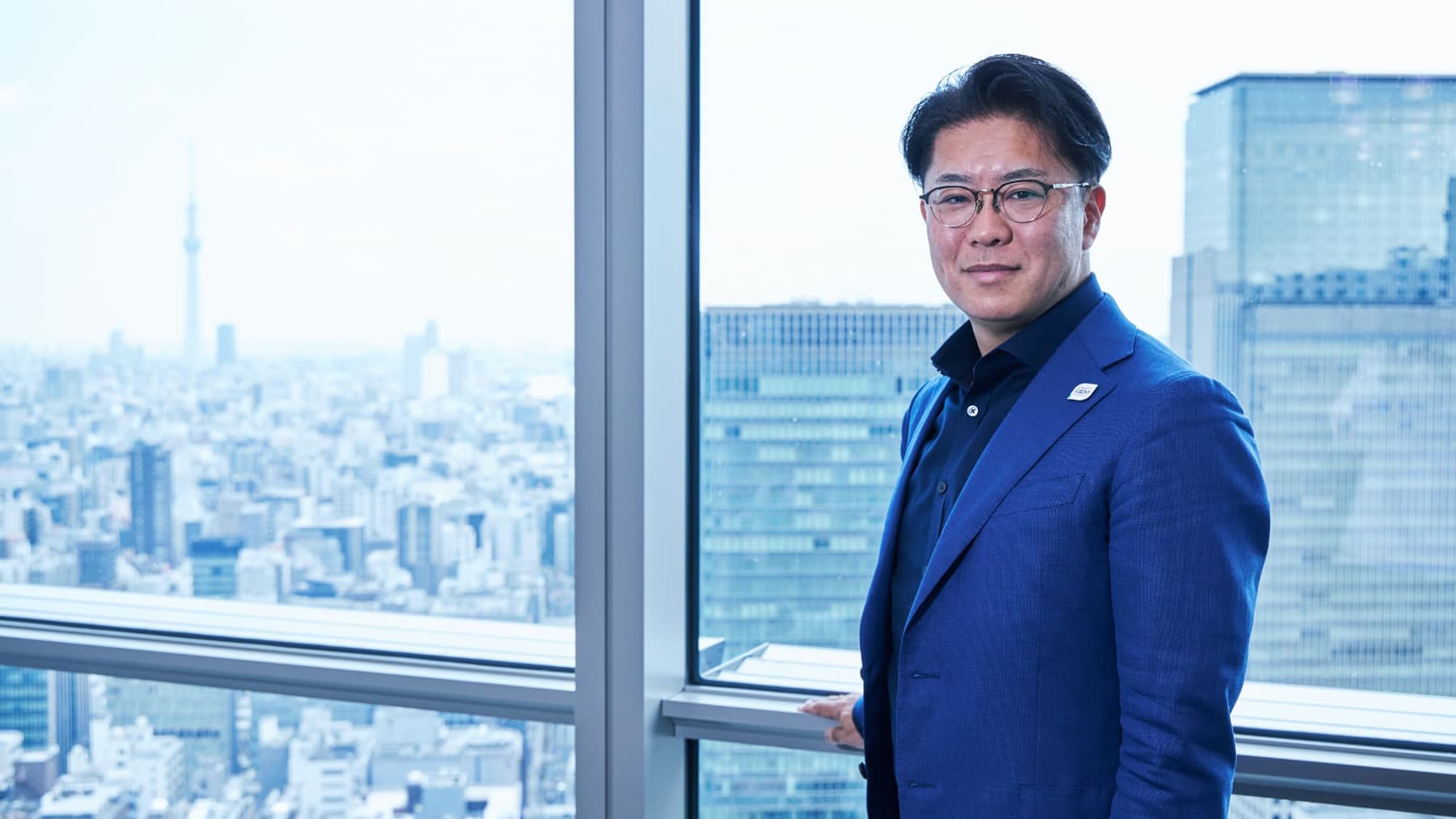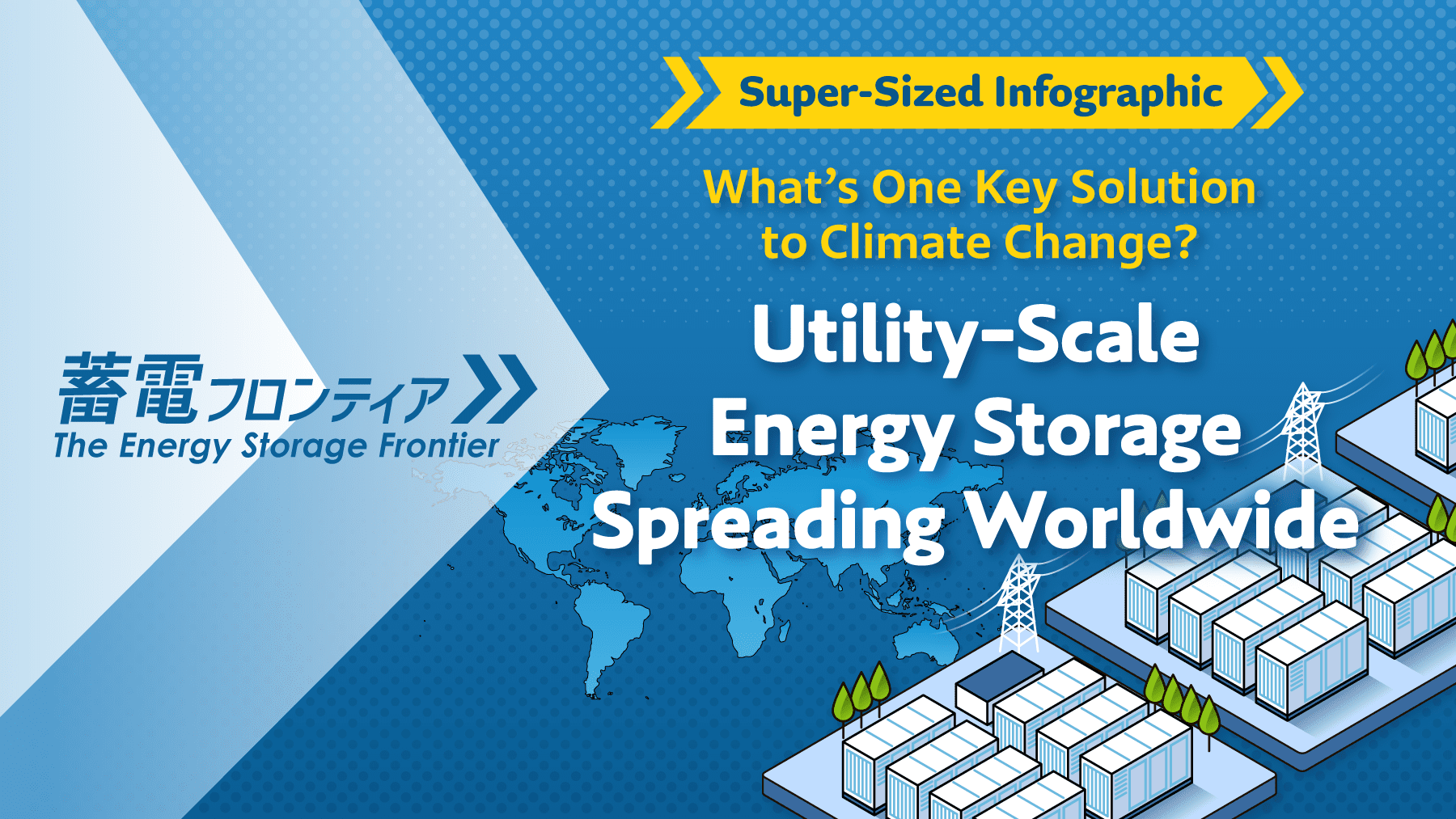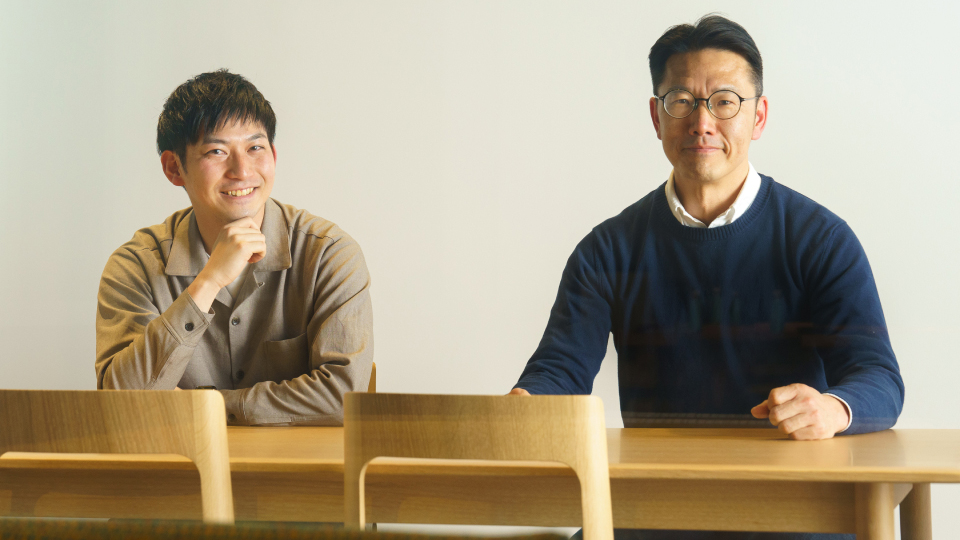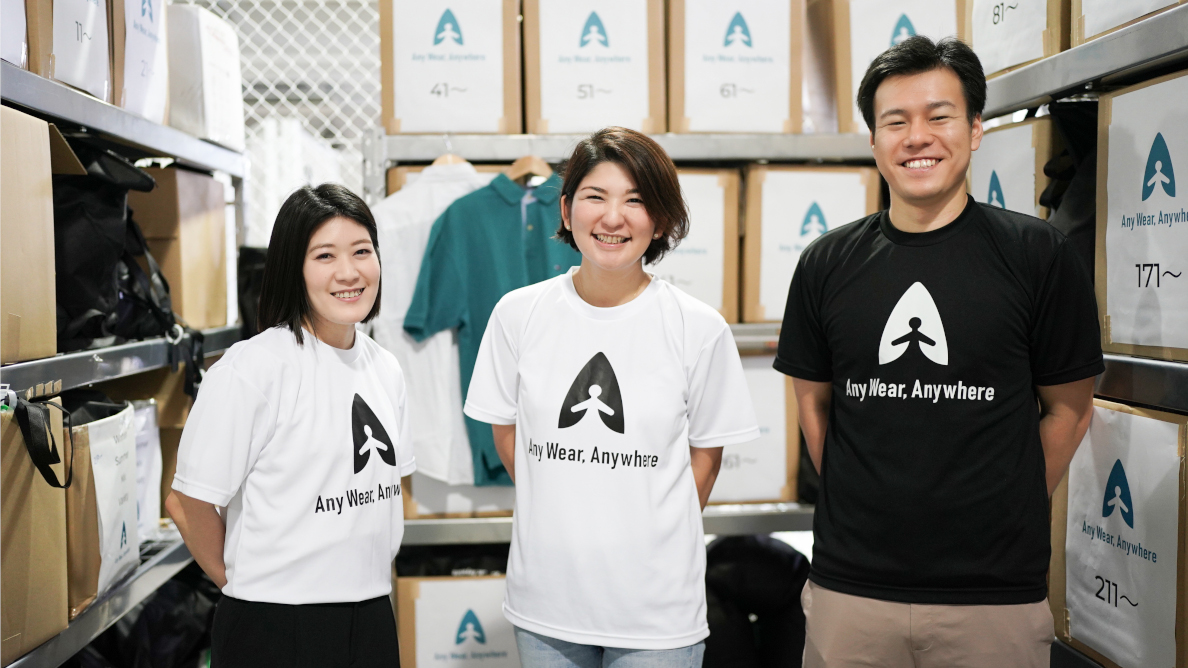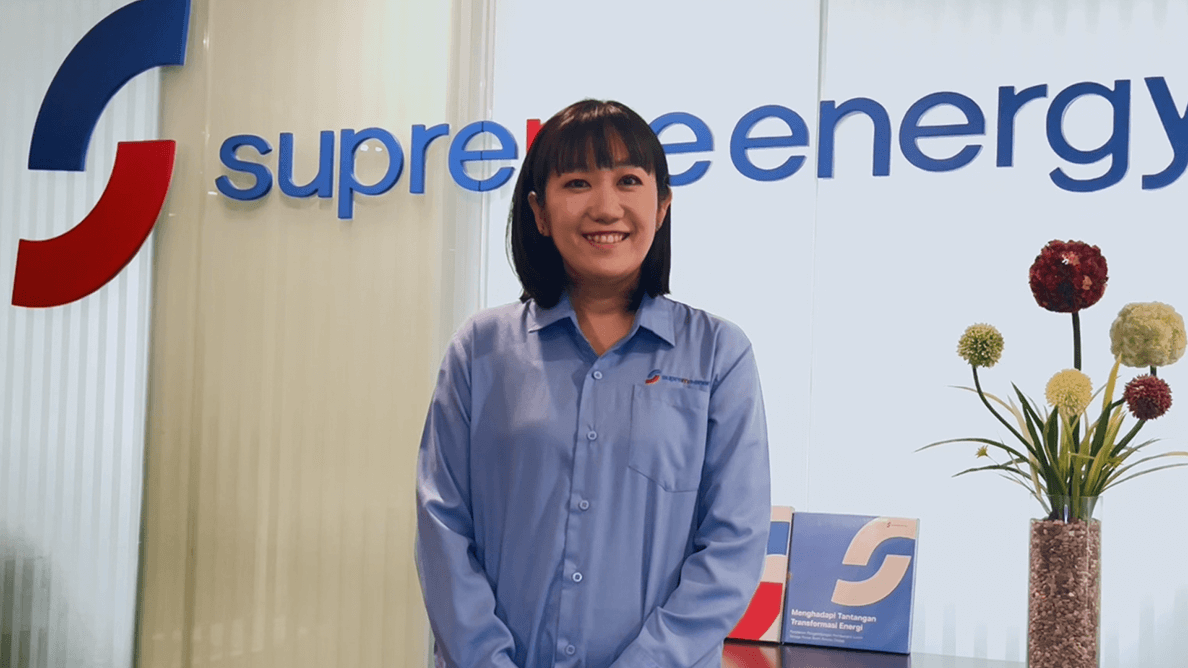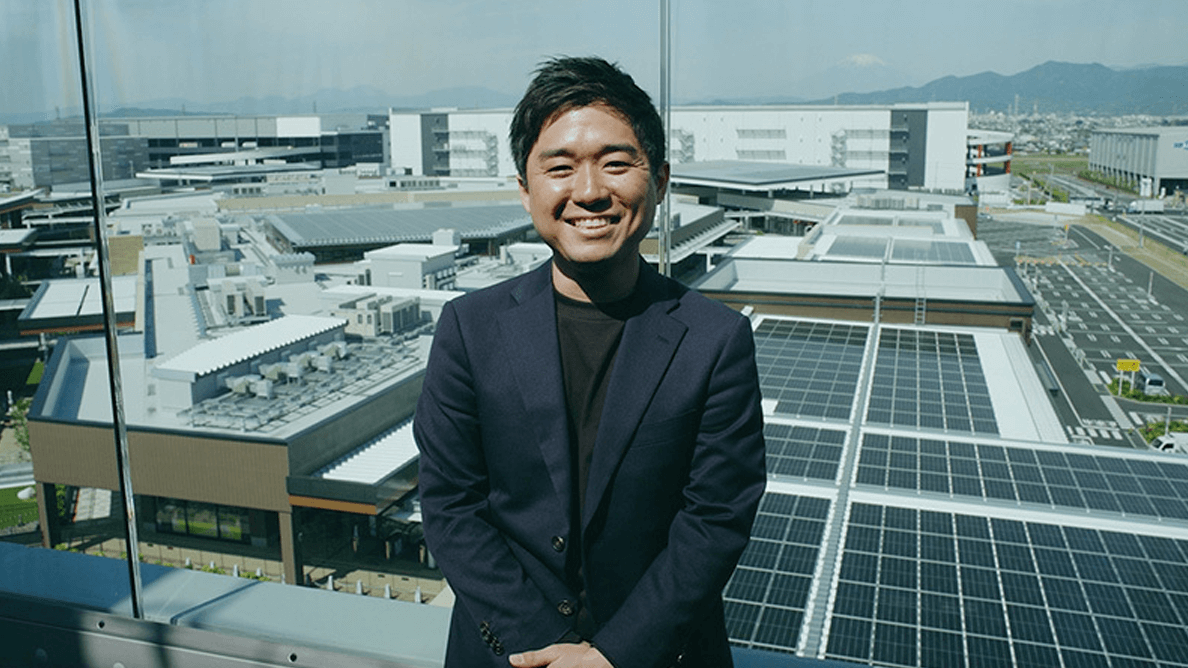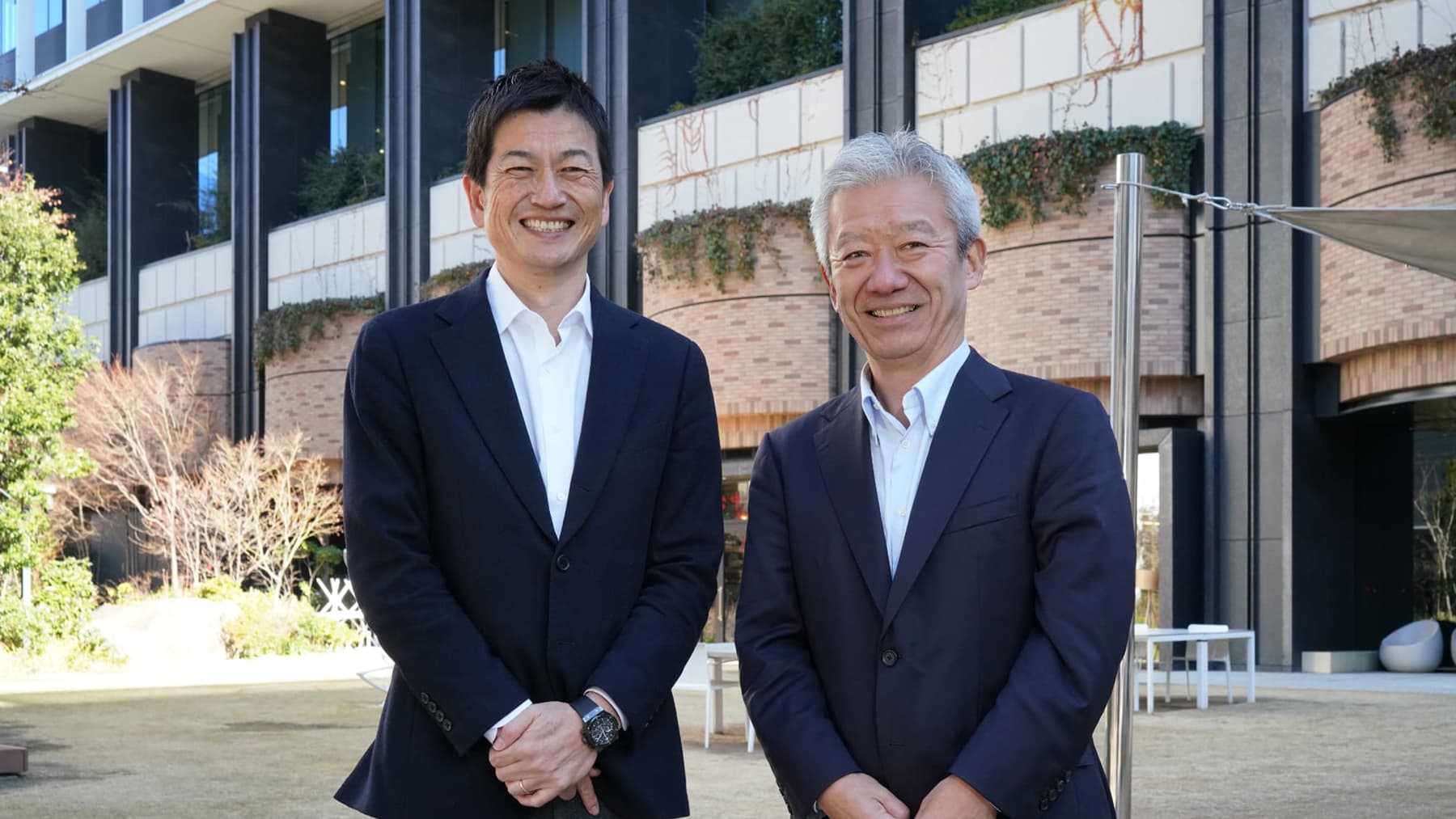
- TOP
- Enriching+TOP
- Automotive Parts Manufacturer Kiriu Takes on the Challenge of Achieving Carbon Neutrality
2023.11.14
Business
Automotive Parts Manufacturer Kiriu Takes on the Challenge of Achieving Carbon Neutrality
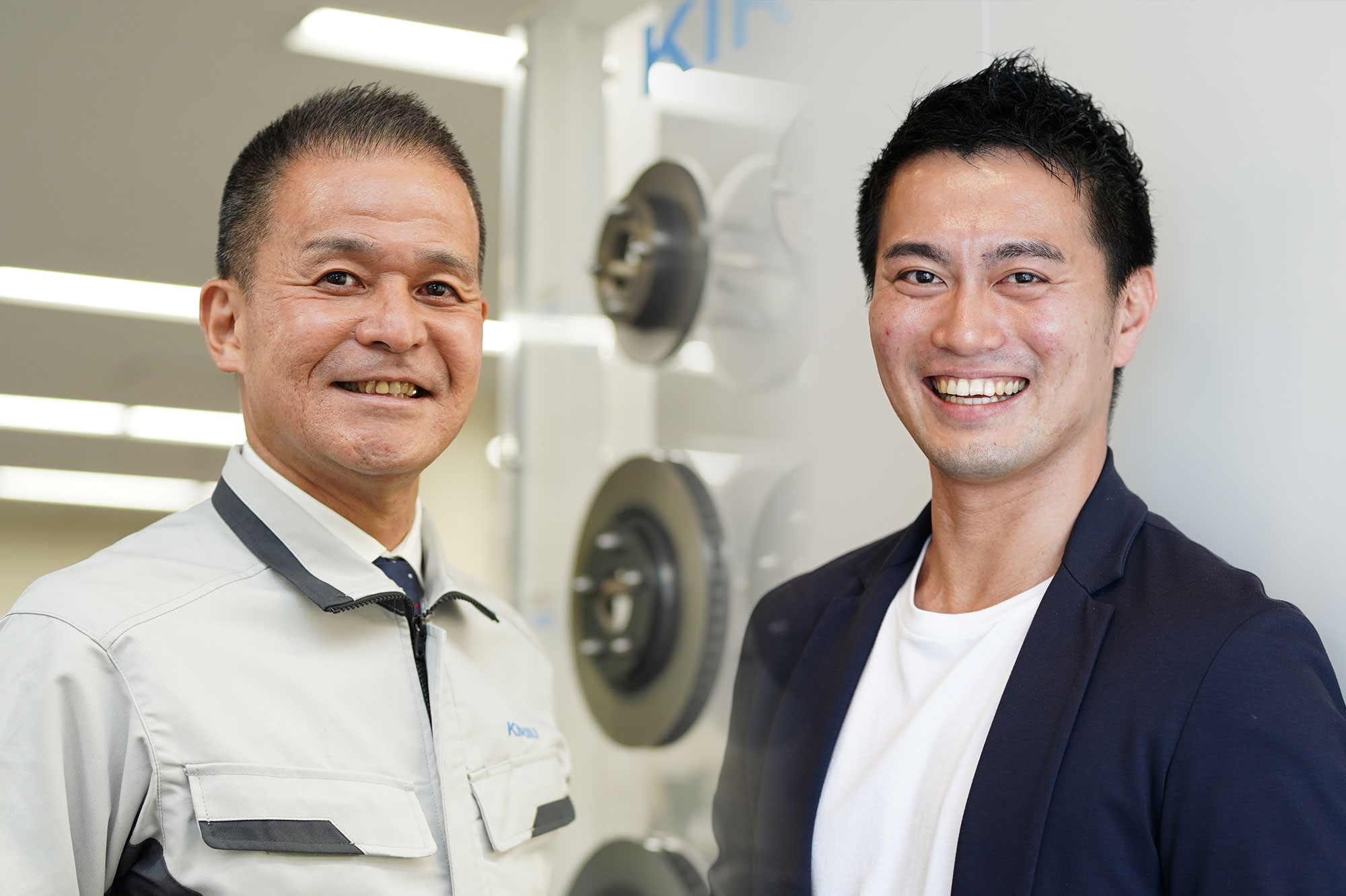
Kiriu, a wholly owned subsidiary of Sumitomo Corporation, recently held a ceremony to celebrate the completion of renovations aimed at achieving carbon neutrality at its Ashikaga Plant. Kiriu’s strategy is to pursue product competitiveness while reducing CO2 emissions through the installation of electronic furnaces. In April 2023, we interviewed President Kazumitsu Takeoka, the first president of Kiriu from Sumitomo Corporation, and Kosuke Hatanaka of the Automotive Manufacturing Business Dept. No.1 about the company’s business and future prospects.
-
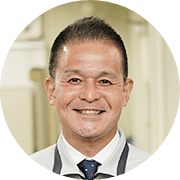
Kiriu
President and Representative DirectorKazumitsu Takeoka
Joined Sumitomo Corporation in 1991. Worked at Sumitomo Corporation Thailand from 1996 and Sumitomo Corporation of Americas from 2010, spending five and a half years at each. After a secondment to an automotive parts manufacturer, he served as General Manager of the Transportation & Construction Systems Business Unit and Automotive Manufacturing Business Department No. 2 and then Assistant General Manager of Mobility Business Division No. 1. In April 2023, he assumed the position of President of Kiriu.
-

Automotive Manufacturing Business Dept. No.1
Kosuke Hatanaka
Joined Sumitomo Corporation in 2013. Worked at Sumitomo Corporation (Shanghai) for five years from 2016. Since November 2021, he has been working for Kiriu as the main person in charge of giving consideration to realizing carbon neutrality at this business department, and he leads initiatives related to carbon neutrality in collaboration with EII, Metal Products Business Unit, and Corporate Group.

- Achieving Industry-Leading Development and Proposal Capabilities Through a Self-Contained Production System, Named “IKKI-SEISAN”.
- Renovating Our Casting Facilities to Differentiate Our Products in Terms of Quality and Carbon Neutrality
- Reinforcing Its Function as a Mother Plant
- Promoting a "Challenge Spirit" and "Team Management" Under the New System
- Zero-Carbon Brake Discs Embody Kiriu’s Carbon Neutral Manufacturing
Achieving Industry-Leading Development and Proposal Capabilities Through a Self-Contained Production System, Named “IKKI-SEISAN”.
First, please give us an overview of Kiriu’s business.
Takeoka Kiriu is a wholly owned subsidiary of Sumitomo Corporation that manufactures automotive brake parts. Our flagship product, brake discs, holds a significant market share both domestically, at 25 percent, and globally, at 15 percent, solidifying our position as one of the leading global players in the industry. Established in 1906, Kiriu has been involved in various sectors, including the manufacturing and sales of weaving machinery, but in the 1960s, we shifted to the production of automotive parts.
Hatanaka In July 2004, Sumitomo Corporation made an investment in Kiriu to strengthen our presence in the automotive manufacturing sector. Leveraging our Group’s global network, customer base, and experience in overseas business management, we have expanded Kiriu’s operations into countries such as Thailand, Mexico, and India. Currently, Kiriu has four domestic locations and twelve overseas locations, and its high-quality products have received high praise from both domestic and international automobile manufacturers. In 2019, we also acquired shares of Asama Giken, a company in the same industry.
Takeoka Our manufacturing is supported by our IKKI-SEISAN production system. This system encompasses everything from development and design to production and shipping, as well as in-house manufacturing of molds and production equipment. It ensures a seamless and efficient process from start to finish, and as a result, we have thoroughly eliminated waste and achieved industry-leading production efficiency, as well as product development and proposal capabilities. Despite the advancements in CASE (Connected, Autonomous, Shared, Electric) technologies, particularly the rapid spread of electric vehicles (EVs), the importance of brakes as a fundamental and critical safety component responsible for “running,” “turning,” and “stopping” remains unchanged. As a producer of critical safety components, we are committed to upholding our responsibility in ensuring the safety, security, and comfort of a mobility society.
*1: An acronym for Connected, Autonomous, Share and Electrification. A technological innovation in a new domain that is expected to considerably transform the concept of an automotive and mobility society.
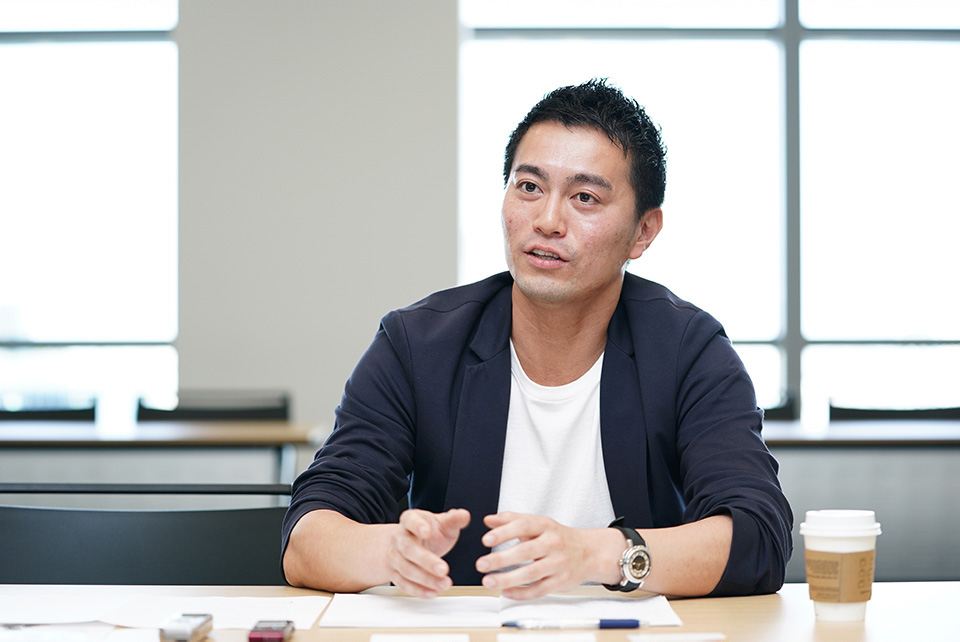
Renovating Our Casting Facilities to Differentiate Our Products in Terms of Quality and Carbon Neutrality
How did you go about renovating your plant to make it carbon neutral?
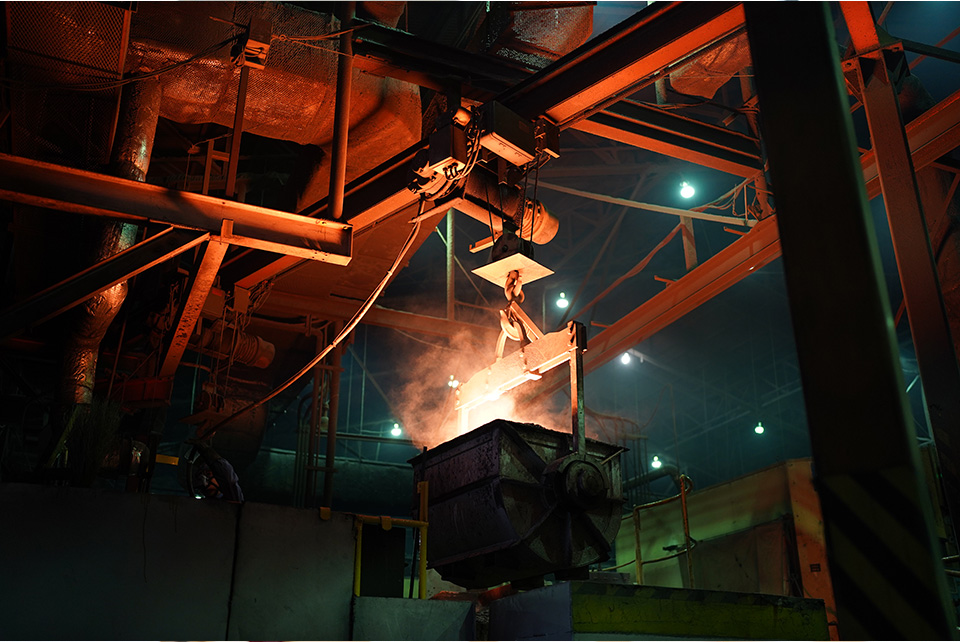
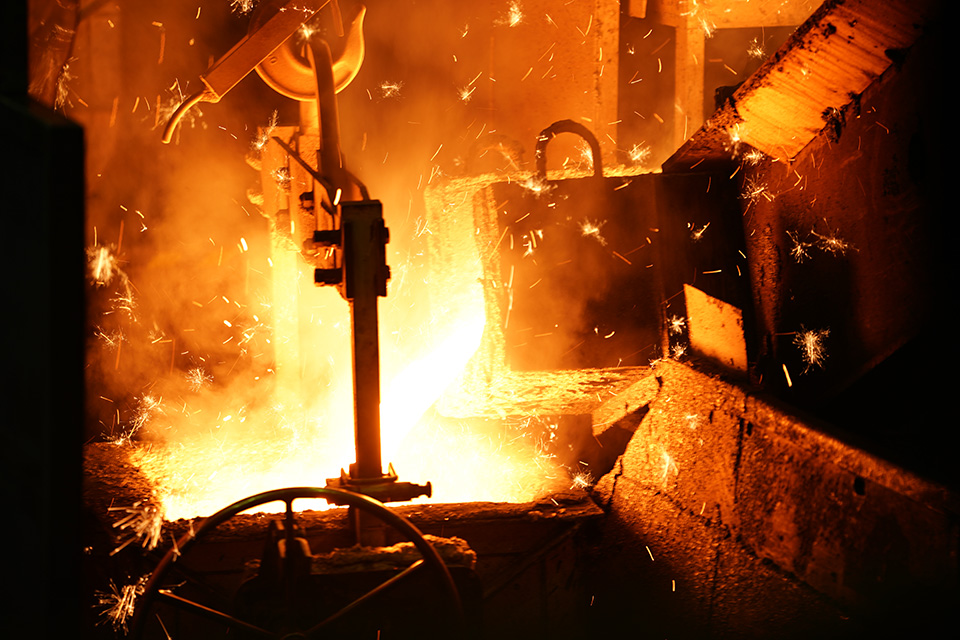
Hatanaka In December 2019, we made an investment decision to renovate the casting facility at the Ashikaga Plant. The cupola furnaces, which have been using coke (*2) as a heat source to melt iron scrap (*3), had been in operation for over 50 years. To ensure a consistent supply to our customers, we transitioned to a facility that reduces environmental impact, improves production efficiency through process automation, and enhances cost competitiveness. The newly renovated facility, which we celebrated during the recent completion ceremony, is equipped with electric furnaces that use electricity as a head source. This change allows us to reduce CO2 emissions by 30%, equivalent to around 10,000 tons or about 0.6% of Sumitomo Corporation Group’s annual CO2 emissions, compared to our previous facilities.
Takeoka The industry as a whole is eagerly awaiting carbon neutrality, with automobile manufacturers setting Greenhouse Gas (GHG) emission targets for individual parts and demanding that parts manufacturers submit GHG reduction targets and action plans. Recognizing the importance of its own carbon neutrality efforts, Kiriu collaborated with Sumitomo Corporation to develop a roadmap. Our goal is to enhance product value and gain a competitive edge by taking the lead in achieving carbon neutrality. We are also working closely with Sumitomo Corporation to address challenges that Kiriu alone cannot tackle and exploring ways to leverage various resources, including those from Group companies. In addition to replacing the cupola furnaces with electric furnaces, we are planning to substitute the considerable electricity consumed by the electric furnaces with renewable energy sources. Through ongoing consultations with the lead department, we aim to harness the resources of Sumitomo Corporation Group effectively.
Hatanaka Sumitomo Corporation is supporting Kiriu in its carbon neutrality initiatives through intra-group collaboration. As specific examples, we consult with Sumitomo Shoji Machinex on the introduction of energy-saving equipment in the energy-saving domain, and collaborate with EII, Summit Energy and SMFL on topics such as on-site and off-site Power Purchase Agreements (PPA) (*4) and the procurement of non-fossil certificates/Renewable Energy Certificates (REC) (*5) in the renewable energy domain.
*2 A fuel consisting solely of the carbon portion after coal is steamed
*3 Metal scrap occurs mainly during the steel-making and steel product manufacturing process, or the damaging or
discarding of steel products
*4 PPA is an abbreviation for Power Purchase Agreement
On-site PPA: A power generation company installs solar power generation equipment on the roof of consumer, which it
owns and manages, and the power generated is then supplied back to the consumer
Off-site PPA: A contract method in which a power generation company promises to supply the power it has generated to
a specific consumer, and in the event the facility requiring power is located far away from said power generation
facility, the power will be supplied to the consumer via a retail power supplier
*5 A system whereby the “non-fossil and renewable energy value” possessed by the power generated by non-fossil and
renewable energies is extracted and traded in the form of a certificate
Reinforcing Its Function as a Mother Plant
Are there any newly introduced facilities that are particularly important?
Takeoka
The introduction of electric furnaces at the Ashikaga Plant, which is responsible for the development of new products and manufacturing technology, will enhance its role as a “mother plant.” As automobile manufacturers launch new models globally, our ability to swiftly integrate technologies developed at the Ashikaga Plant into their global production systems is highly valued by our customers. Our ideal manufacturing approach is to be able to simultaneously produce the same product quality at our overseas plants using the same type of facilities as our mother plant.
The introduction of electric furnaces brings benefits in terms of stabilizing and improving both product quality and the working environment for on-site employees. In the case of cupola furnaces, achieving uniform product quality depended on adjusting the carbon content during the finishing process based on the amount of carbon content leaching from coke. This meant that quality consistency relied on the intuition and skills of the workers. However, the introduction of electric furnaces will enhance uniformity of product quality even further. Process automation also contributes to a better work environment by reducing noise and dust, minimizing strenuous physical labor and the risk of severe accidents, and helping to address the challenges of securing human resources due to declining birth rates and a shrinking population.
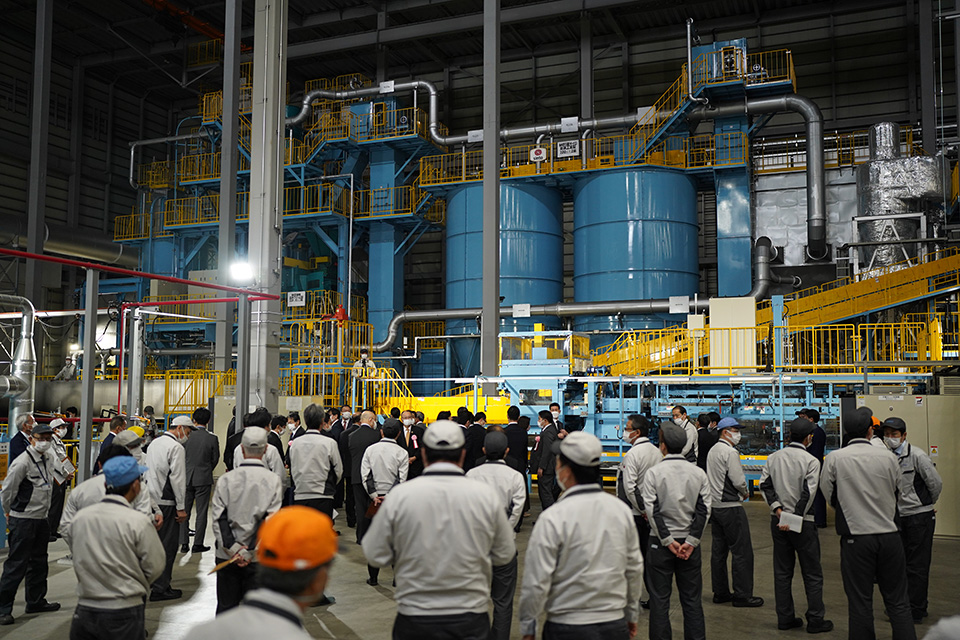
Promoting a "Challenge Spirit" and "Team Management" Under the New System
As the new president, how do you intend to manage the company?
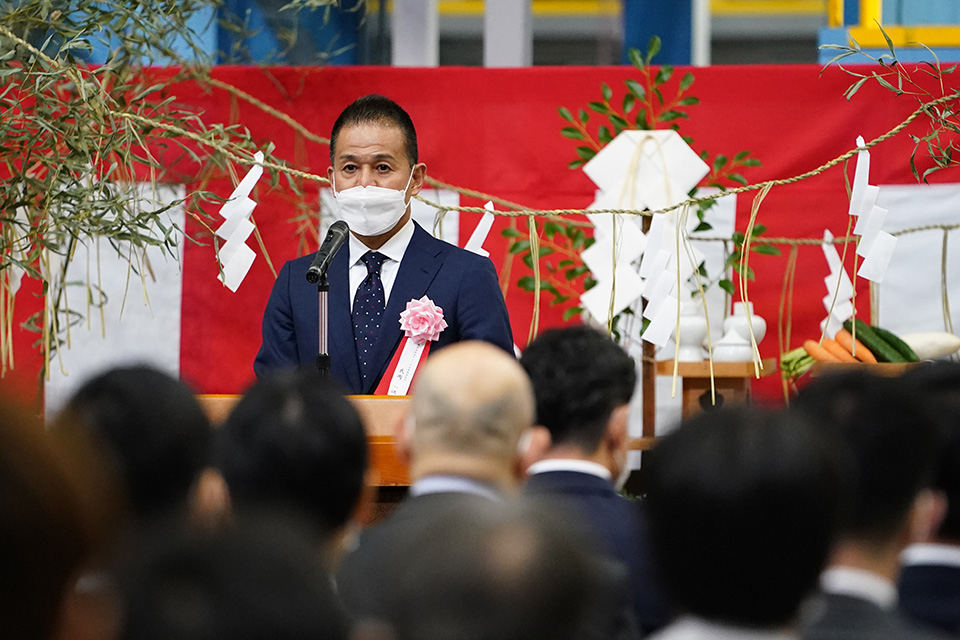
Takeoka
In April, under the new system, I called upon all employees to return to the basics and boldly take on challenges. I believe in returning to the fundamentals of manufacturing and diligently focusing on SQCD (Safety, Quality, Cost, Delivery) as we have done so far. The automotive industry is undergoing a once-in-a-century transformation, and we also need to prepare for carbon neutrality in the future. To foster innovative thinking and challenge conventional norms, I made it clear that failures resulting from taking risks would be accepted.
Meanwhile, in the past few years, automobile product volume has become lethargic due to COVID-19 and a semiconductor shortage. This has led to a sharp decline in order volume at Kiriu as well. Coupled with this is a rise in raw material, electric power and personnel costs. In light of this, the business environment continues to be harsh. I have conveyed my message for “team management” to the management team. I have also seen a change at meetings, as the management team and employees are freely and actively expressing their opinions. I feel the foundation of the “team management” approach that we aspire to is gradually taking shape.
Zero-Carbon Brake Discs Embody Kiriu’s Carbon Neutral Manufacturing
Please tell us about the company’s future prospects and goals.
Hatanaka As President Takeoka explained earlier, the automotive industry is undergoing a shift towards carbon neutrality. We would like Kiriu to assume a leading position in this industry, and with a comprehensive trading company among its stakeholders, I am confident that there are actions that only Kiriu can take. Carbon neutrality is a fundamental principle guiding our sales and investment strategies. For example, just as zero-carbon materials are being developed in the steel and chemical industries, we are considering the creation of “zero-carbon brake discs.” To accomplish this, we will combine Kiriu’s manufacturing and development expertise with the knowledge possessed by our Group companies, embarking on the challenge of generating new value and fostering innovation.
Takeoka Amid the shift towards electric vehicles, autonomous driving, and the fierce competition in new mobility services, the importance of brakes, which constitute the fundamental functionality of automobiles, remains unchanged. In fact, electric vehicles with larger batteries and increased weight necessitate stronger braking force, resulting in a demand for larger brake components as well as lightweight components to reduce the overall vehicle weight. By combining Kiriu’s spirit of manufacturing with the comprehensive capabilities of Sumitomo Corporation, we aim to respond to the tumultuous changes in the automotive industry.
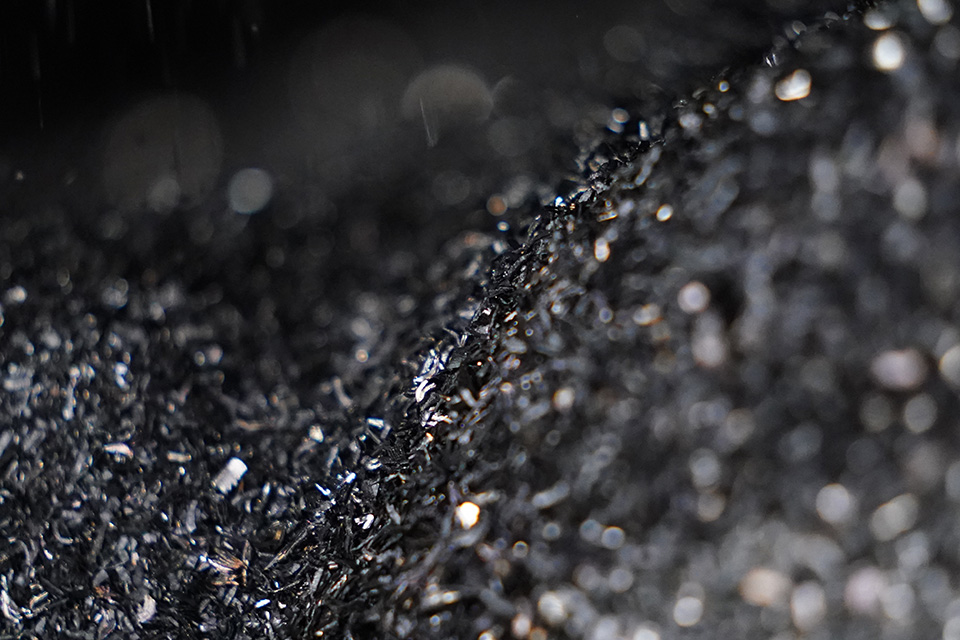
What does “Enriching lives and the world” mean to you?
-

Kazumitsu Takeoka
Kiriu manufactures critical safety components. By contributing to safety, security, and comfort of individuals who rely on vehicles equipped with our parts, we bring happiness to our workforce of about six thousand employees and their families worldwide. This is what “Enriching lives and the world” means to me.
-

Kosuke Hatanaka
Cars have always been a constant presence in my life. I truly enjoy the time spent with my parents, family, and friends inside a car. Moving forward, my goal is to ensure a safe and secure driving experience through the production of reliable brake components. I aspire to bring the car-centric lifestyle to countries and regions that are embracing motorization. Additionally, I am committed to creating a more comfortable and enjoyable in-car environment by contributing to the growth of autonomous driving. Achieving these goals along with other members of the global Sumitomo Corporation Group is what “Enriching lives and the world” means to me.

